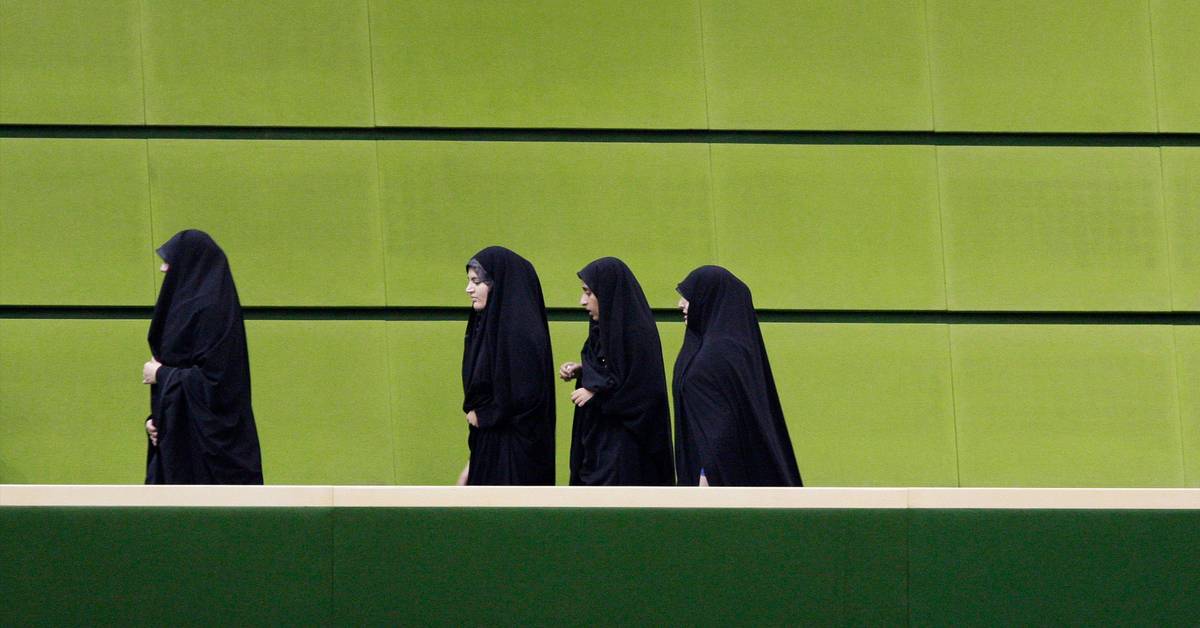The feared attacks, which mainly hit around 30 schools for girls and young women, come after months of anti-regime protests in the wake of the death of 22-year-old Mahsa Zhina Amini last September.
Up to 400 students are said to have been affected by the poisonings, according to an article in the Persian daily Ettelaat, whose editor-in-chief is appointed by Ayatollah Ali Khamenei, Iran's supreme leader.
There is no information on suspects, but the events have created a concern that even more girls could be affected simply because they are getting an education.
Girls' and women's schooling is otherwise not something that has been questioned throughout the existence of the Islamic Republic.
Dismissed as rumours
The first suspected attacks took place in the city of Qom, southwest of Tehran, in November, when students at a conservatory fell ill.
Then followed several cases in different places where school children complained of headaches, palpitations and other similar symptoms.
Some of them have stated that they smelled chlorine or detergent.
The authorities initially made no connection between the cases and the Minister of Education dismissed the suspicions as "rumors".
After further similar events occurred in Tehran, among others, the regime began to change its footing and Iran's chief prosecutor recently opened an investigation because he believes it could be about "intentionally criminal acts".
Keeping the kids at home
On Sunday, the state news agency Irna published several articles about the incidents, in which politicians and government employees stated that they were actual attacks.
- After the students in Qom were repeatedly poisoned, it was found that some people wanted all schools, and especially girls' schools, to be closed, said Younes Panahi, representative of Iran's health authority, to Irna, without going into details.
In Qom, several schools have effectively been forced to close as a result of worried parents choosing to keep their children at home in recent weeks, according to a report by the reformist news outlet Shargh.

